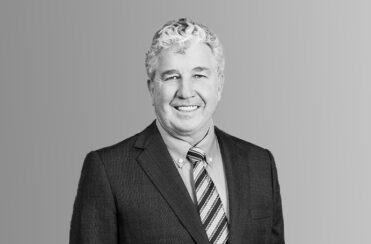Article courtesy of The Independent Weekley – MELISSA MACK
testing range at Maralinga in 1956.
Aboriginal victims of nuclear testing in the 1950s are likely to be denied the chance to claim millions of dollars in compensation, with the State Government refusing to help fund their legal fight.
A motion to help fund the Aboriginal Legal Rights Movement (ALRM) case was passed by the Legislative Council late Wednesday night without Labor support, making it unlikely to pass the Lower House.
Service personnel, public servants and indigenous residents suffered side-effects including cancer, birth defects and immediate loss of eyesight following exposure to radiation from the British nuclear tests near Maralinga.
Following a landmark ruling in the British courts last year, British ex-servicemen and their widows won the right to take the UK Ministry of Defence to court in a class action suit.
That case is currently under appeal. If the victims are successful, a similar case will be launched by Australian veterans with the support of Sydney law firm Stacks Goudkamp.
ALRM is also hoping to launch a suit to claim compensation for the Aboriginal victims who lived on the land.
Greens MLC Tammy Franks put forward the motion, which asked the Government to contribute to legal costs “so that Aboriginal and non-Aboriginal South Australians can have the opportunity to seek redress for injuries suffered by them during the British atomic testing in South Australia”.
“This is a great moral victory,” Ms Franks said of the win in the Legislative Council.
“I am hopeful this vote will force Mike Rann to reconsider his position and at last put his money where his mouth was on Maralinga.”
Ms Franks said it was disappointing the Government did not vote in favour of the motion. She accused Labor of abandoning its social justice principles.
Labor MLC Bernard Finnigan last night said the testing was “very regrettable”.
But he said the Government “does not support funding the ALRM for the purposes of running a case in the UK with respect to nuclear testing by the British Government in South Australia”.
ALRM chief executive Neil Gillespie has slammed the federal and state governments, saying they cannot deny justice for Aboriginal people.
“The Government is abdicating its responsibility to the Aboriginal people and one would expect the Prime Minister to rectify that.
“It’s an opportunity to do what is right and assist ALRM to help the innocent victims.”
Mr Gillespie said he expected the state and federal governments to provide a dollar-for-dollar commitment to support the case on the basis that it would be returned if the case was won.
The funding would provide support to the UK lawyers in gathering information and research so they can mount a case.
Both the ALRM and veterans’ cases are likely to need significant funding help, with the UK case reportedly already costing £18 million ($A29 million).
Stacks Goudkamp solicitor Michael Giles is working on the veterans case on a “no-win, no-fee” basis. He said it was unlikely the Federal Government would help fund any of the compensation claims.
In 1993, the British Government paid £20 million ($A32.4 million) to the Australian Government as a compensation fund for the clean-up of the nuclear testing sites.
Mr Giles said if the veterans’ case was successful, there would probably be another legal battle between Britain and Australia as to where that compensation money should come from.
But he said the veterans’ case and the ALRM case were different.
“The way the exposure took place is different, which plays a big role legally in determining negligence. There’s a difference between being told to work there and it happening at the place where you go about your daily business.”














